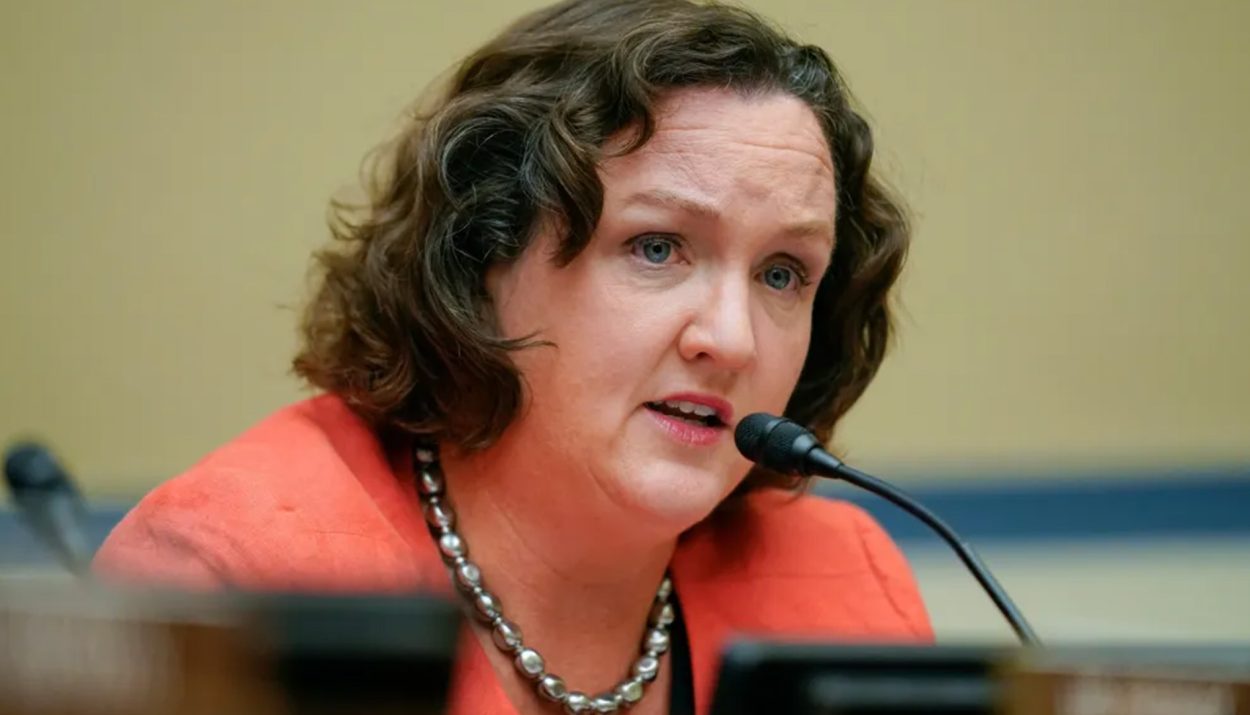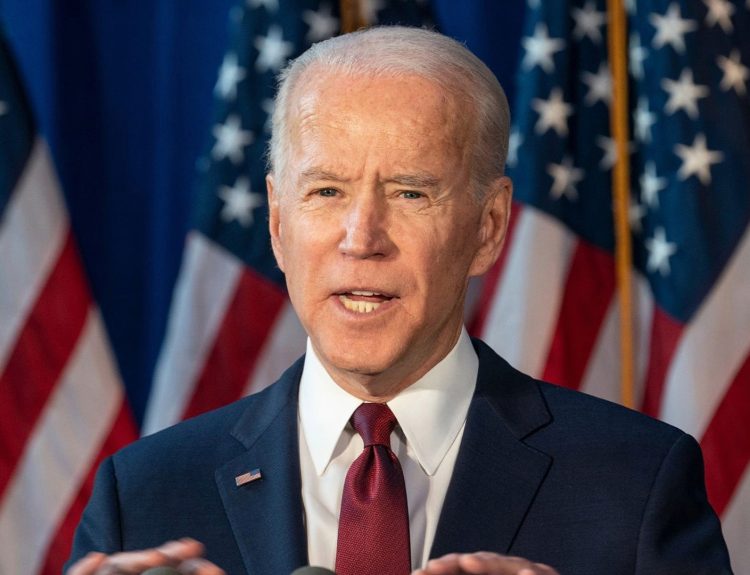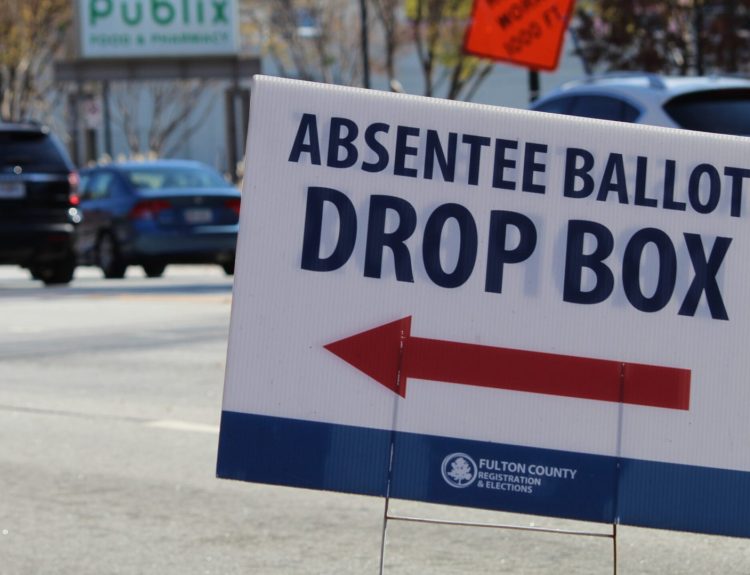In a surprising turn of events, progressive Democrat Katie Porter has called out the California Senate primary race as “rigged” following her third-place finish. The fiery accusations have sparked a heated debate about the influence of money in politics and the power of billionaires to sway elections. Buckle up as we dive into this controversial story and uncover the truth behind Porter’s bold claims.
Porter’s Shocking Allegations: “Billionaires Rigged the Election“
In a series of impassioned posts on X (formerly Twitter), Katie Porter didn’t hold back her frustration after losing the primary. She blamed billionaires for spending millions on attack ads against her, effectively manipulating the outcome in favor of centrist Democrat Adam Schiff.

Porter’s supporters rallied behind her, praising her commitment to fighting for everyday Americans and challenging the status quo in Washington. Many echoed her sentiments, expressing their belief that special interests and dark money have far too much influence in modern politics.
The Most Expensive Race in California History
The California Senate primary race shattered records, becoming the most expensive in the state’s history. A staggering $65.3 million was poured into advertisements alone, according to data from political ad-tracking service AdImpact.

Adam Schiff, who ultimately won the primary, significantly outspent his opponents. Campaign finance data revealed that Schiff had a war chest of $35 million at the start of 2024, dwarfing Porter’s $13.2 million. This disparity in funds has raised eyebrows and fueled Porter’s claims of a rigged system.
Porter’s Fighting Spirit: “I’ll Never Stop Fighting for You“
Despite the disappointing results, Katie Porter remains undeterred in her mission to represent the people. In her X posts, she thanked her supporters for backing a candidate who “breaks the mold, can’t be bought, and pushes for accountability.”
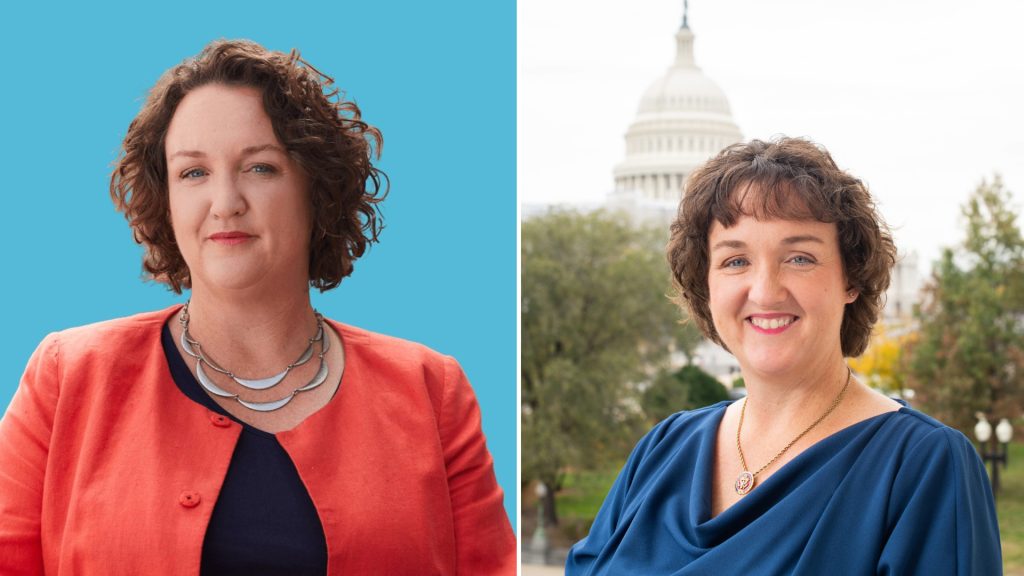
Porter vowed to continue fighting for the interests of everyday Americans, even in the face of powerful special interests. Her tenacity and commitment to her principles have endeared her to a dedicated base of supporters who believe in her vision for a more equitable and transparent political system.
Defending Democracy: Porter Clarifies “Rigged” Comments
As her accusations of a rigged election gained traction, Katie Porter took to X once again to clarify her stance. She defined “rigged” as “manipulated by dishonest means,” pointing to the millions spent on attack ads against her, including one rated “false” by an independent fact-checker.

Porter emphasized that she was not questioning the integrity of the vote count or the election process in California, which she described as “beyond reproach.” Instead, she aimed to call out the pervasive influence of dark money in politics and its ability to manipulate outcomes.
The Schiff Advantage: A Centrist Democrats Appeal
While Katie Porter’s progressive platform resonated with many voters, it was Adam Schiff’s more centrist approach that ultimately won the day. Schiff, known for his vocal support of Israel, managed to secure 33% of the vote, outpacing both Porter and Republican challenger Steve Garvey.
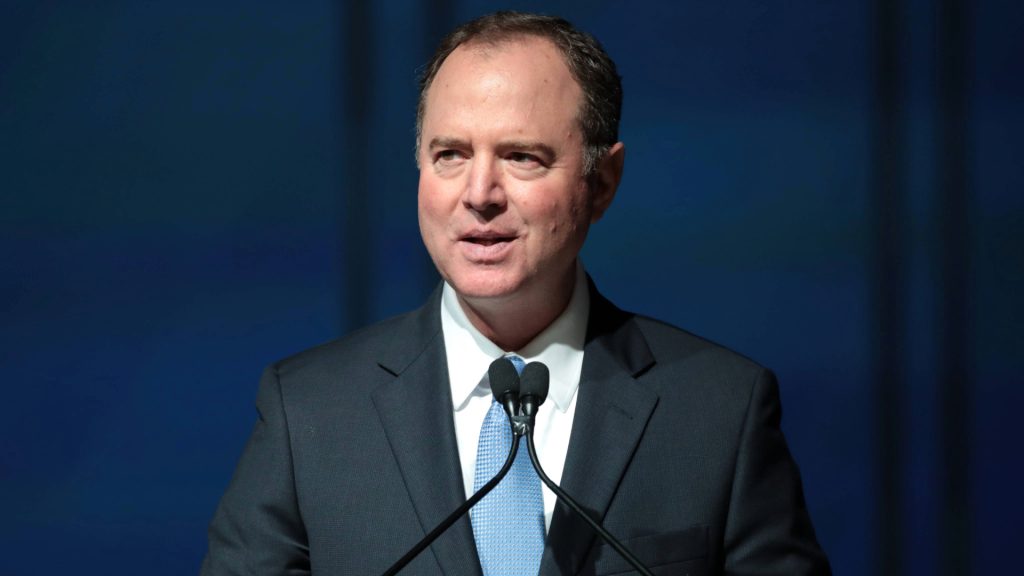
Schiff’s success in the primary highlights the ongoing debate within the Democratic Party between progressive and moderate factions. Some argue that centrist candidates have a better chance of winning swing voters and defeating Republicans in general elections, while others believe that bold, progressive policies are necessary to energize the base and enact meaningful change.
The Republican Challenger: Steve Garvey’s Surprising Performance
In a state known for its Democratic leanings, Republican candidate Steve Garvey managed to secure an impressive 32.6% of the vote in the primary. Garvey, a former professional baseball player, will now face off against Adam Schiff in the November general election.

While California has not elected a Republican to a statewide office since 2006, Garvey’s strong showing in the primary suggests that he may be able to put up a formidable challenge to Schiff. The race is sure to be closely watched, as Republicans seek to make inroads in the solidly blue state.
The Battle for Feinstein’s Legacy
The California Senate race took on added significance following the passing of Dianne Feinstein, the longest-serving woman in the U.S. Senate, in September 2023. Feinstein’s death left a void in California politics and set the stage for a highly competitive primary to determine her successor.
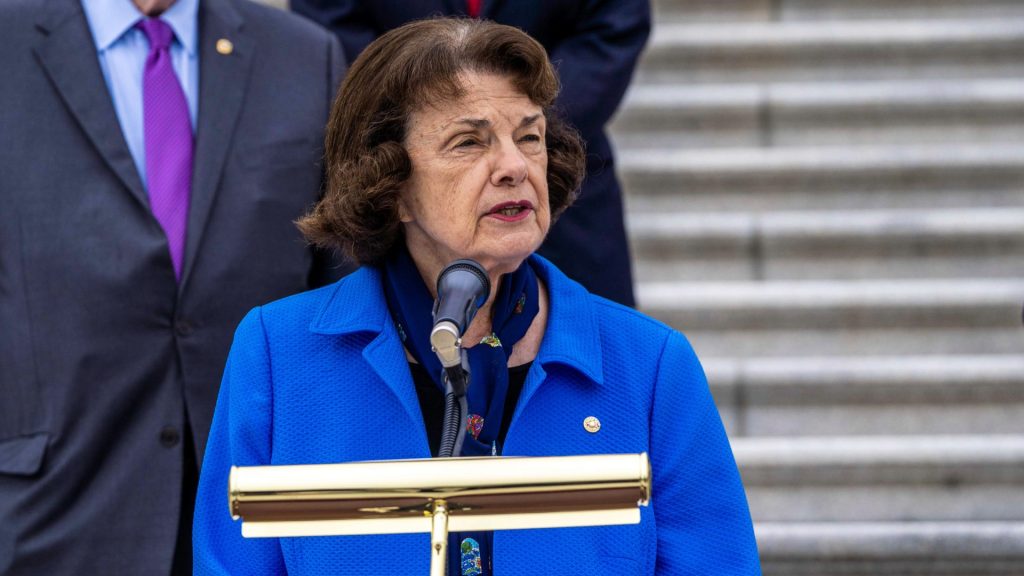
As the candidates vied for Feinstein’s seat, they also grappled with her complex legacy. Feinstein was a trailblazer for women in politics and a champion of gun control, but she also faced criticism from progressives who felt she was too moderate and accommodating to Republicans.
Money in Politics: The Elephant in the Room
Katie Porter’s accusations of a rigged election have reignited the debate about the role of money in American politics. With campaign spending reaching astronomical levels, many voters are concerned that wealthy individuals and special interest groups have an outsized influence on the democratic process.

Reformers argue that stricter campaign finance laws and increased transparency are necessary to level the playing field and ensure that elections are decided by the will of the people, not the depth of candidates’ pockets. However, others contend that political spending is a form of free speech and that limiting it would infringe upon First Amendment rights.
The Progressive Movement: Down but Not Out
While Katie Porter’s loss in the primary is undoubtedly a setback for progressives, it is by no means a death knell for the movement. In recent years, candidates like Bernie Sanders and Alexandria Ocasio-Cortez have demonstrated a growing appetite for bold, left-wing policies among certain segments of the electorate.

Progressives argue that the Democratic Party must embrace a more ambitious agenda on issues like healthcare, climate change, and income inequality if it hopes to energize young voters and build a winning coalition. They point to the success of progressive ballot measures, even in conservative states, as evidence that their policies have broad appeal.
The Centrist Counterargument: Pragmatism Over Idealism
On the other hand, centrist Democrats like Adam Schiff contend that the path to victory lies in moderation and pragmatism. They argue that swing voters and suburban moderates are turned off by the most left-wing proposals and that the party must strike a balance to maintain its big tent.
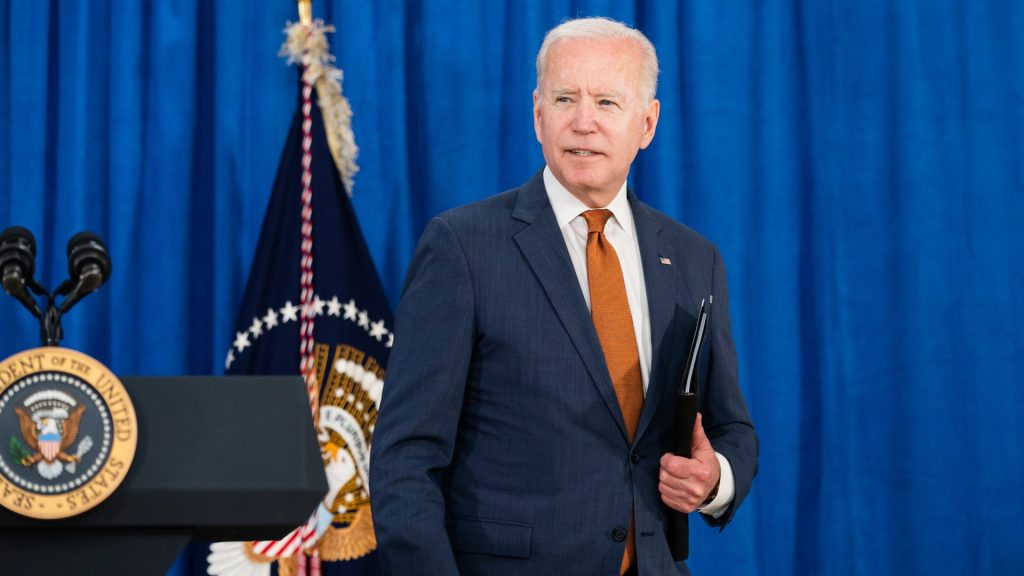
Centrists point to the success of Joe Biden in the 2020 presidential election as proof that a more measured approach can resonate with a broad cross-section of the electorate. They caution that moving too far to the left could alienate crucial voting blocs and hand victories to Republicans.
The California Conundrum: A Democratic Stronghold’s Dilemma
California’s status as a solidly blue state has made it a testing ground for competing visions of the Democratic Party’s future. With a diverse population and a wide range of political ideologies, the state serves as a microcosm of the broader tensions within the party.
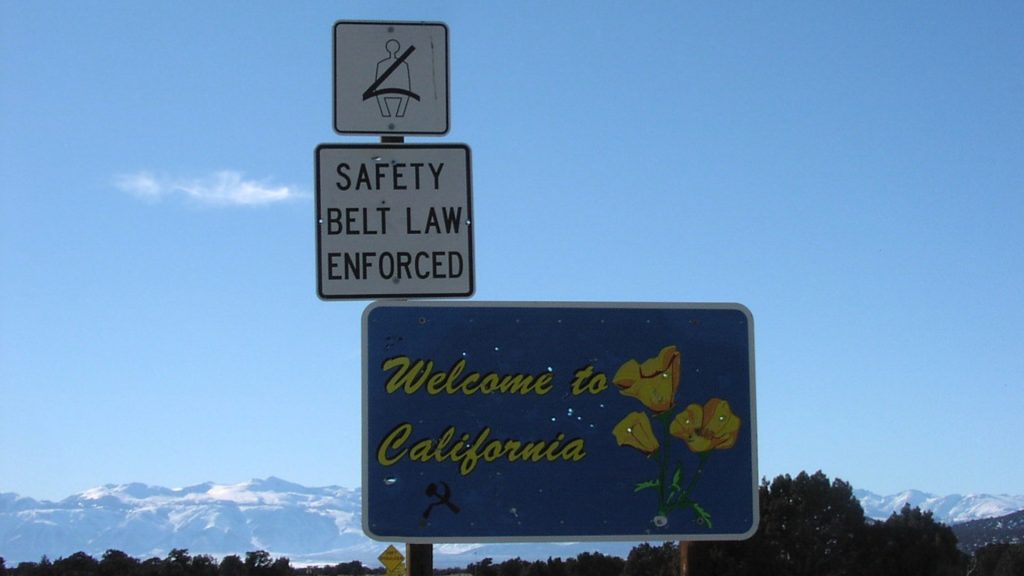
As progressive candidates like Katie Porter have gained traction in recent years, moderate Democrats have pushed back, arguing that their approach is better suited to the state’s complex political landscape. The outcome of the Senate primary suggests that, at least for now, the centrists have the upper hand.
The Road Ahead: Schiff vs. Garvey in November
With the primary behind them, Adam Schiff and Steve Garvey now turn their attention to the November general election. Schiff enters the race as the clear favorite, given California’s strong Democratic tilt and his impressive primary performance.
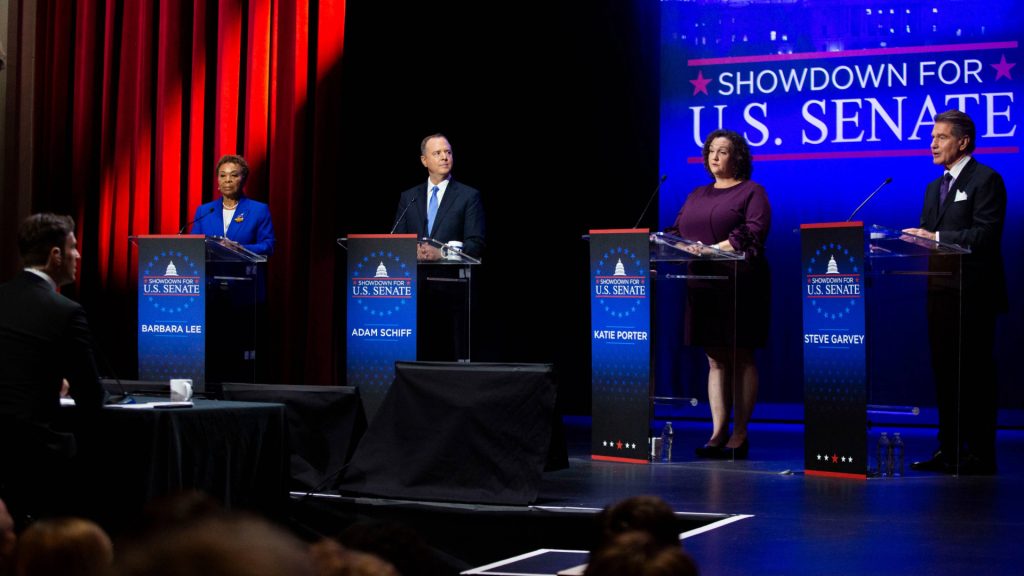
However, Garvey’s better-than-expected showing in the primary suggests that he may be able to make the race more competitive than many initially anticipated. The Republican challenger will likely seek to paint Schiff as too liberal for the state, while Schiff will aim to portray Garvey as out of touch with California’s values.
Lessons Learned: What the Primary Tells Us About American Politics
Regardless of the outcome in November, the California Senate primary offers valuable insights into the state of American politics. It highlights the growing influence of money in elections, the tensions between progressive and moderate factions within the Democratic Party, and the enduring challenge of engaging voters in an era of hyper-partisanship.

As the nation looks ahead to the 2024 presidential election and beyond, the lessons of the California primary will undoubtedly shape strategies and debates on both sides of the aisle. The fight for the soul of the Democratic Party, in particular, shows no signs of abating anytime soon.
The Road Forward: Lessons from a Contentious Primary
In the end, the California Senate primary was a hard-fought battle that laid bare the deep divisions within the Democratic Party. While Katie Porter’s accusations of a rigged election have sparked fierce debate, they have also shone a light on the corrosive influence of money in politics and the urgent need for reform.
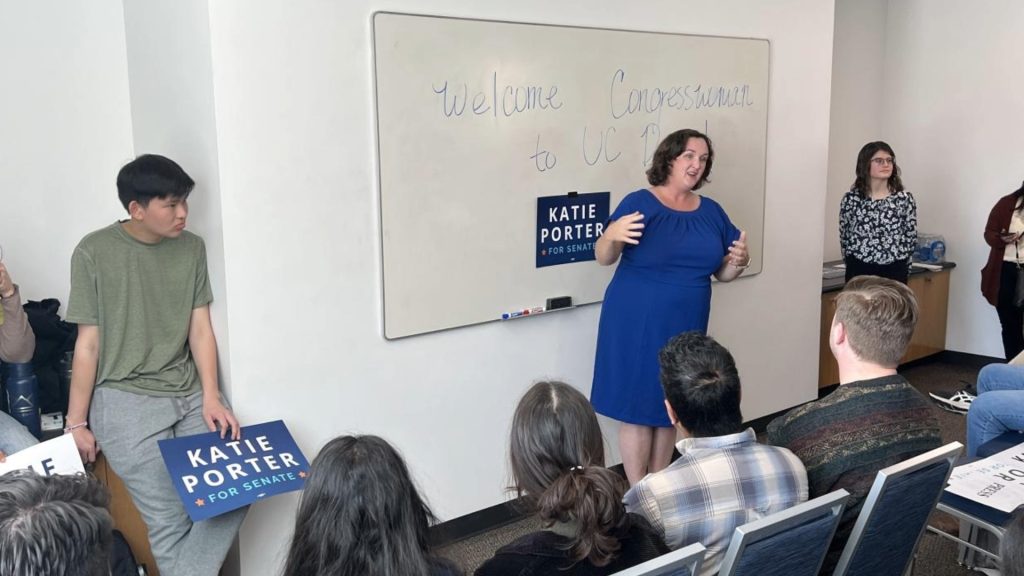
As Adam Schiff and Steve Garvey prepare for their November showdown, voters in California and across the nation will be watching closely. The outcome of this race could have far-reaching implications, not just for the future of the Golden State, but for the direction of American politics as a whole. One thing is certain: the fight for a more just, equitable, and transparent democracy is far from over.

